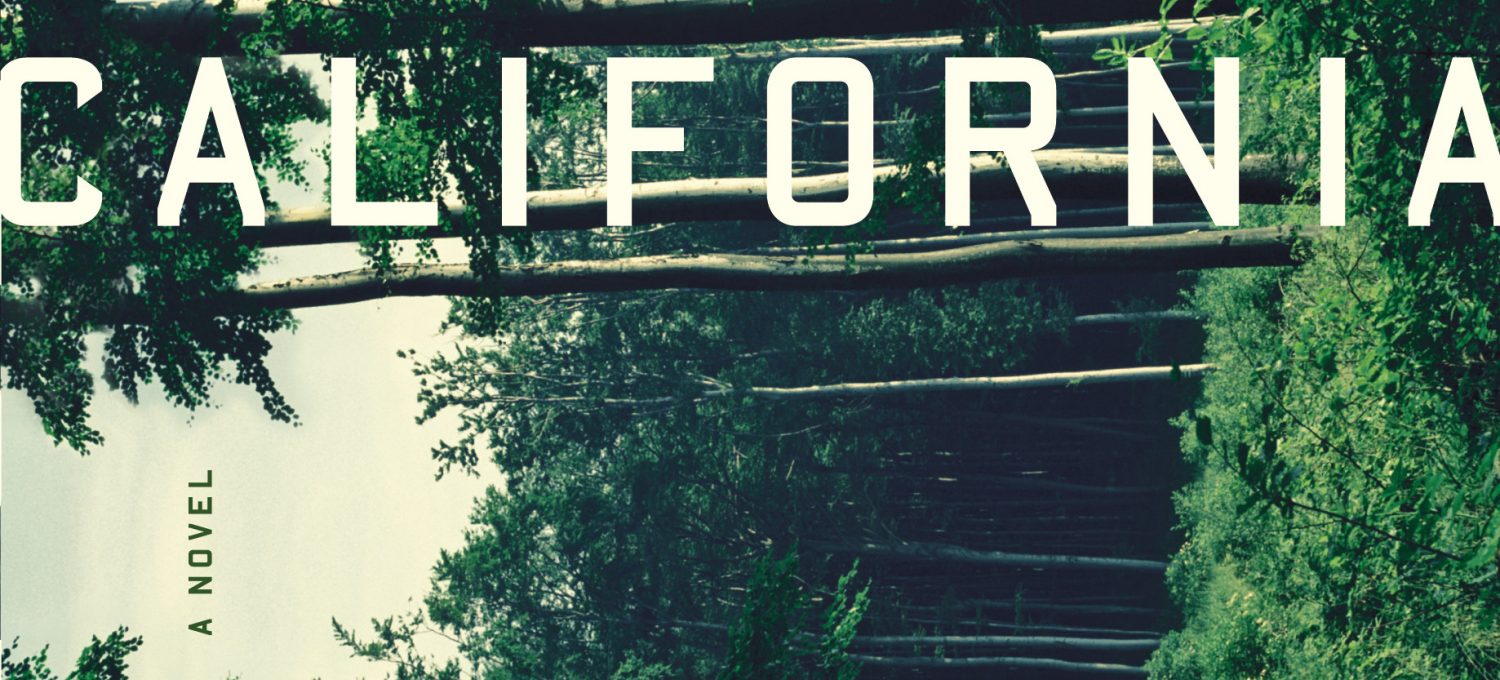Like Jeff VanderMeer’s The Southern Reach trilogy, Edan Lepucki offers little explanation of what caused the downfall of civilization in her post-apocalyptic novel, California. Rather than focusing on the whys of the world’s demise, she mines the hows of emotional and physical survival.
Cal and Frida are a young couple eking out a meager existence in the wilderness outside Los Angeles. Apparently, people still live in cities, but they’re no place you’d want to be. The wealthiest Americans live in Communities, sanitized and safe walled towns where life soldiers on “normally.” Cal is a graduate of Plank College, a work college, where he learned the skills (specifically farming) necessary to live off the land. He and Frida love each other deeply and, in many ways, are happy with their solitary life. They trade regularly with August, a traveling merchant, even though he remains a mystery to them, refusing to tell them where he comes from or where he goes.
After a time, they befriend a family of four that live in a cabin within rather lengthy walking distance. Tragically, the family commits suicide, and Cal and Friday move into their cabin. Eventually, the desire to explore beyond their own neck of the woods takes them further afield. On their first exploration, they encounter “Forms,” giant metallic structures that appear to form an intricate barrier to the land beyond. A young man emerges from behind one of the Forms and escorts them to his settlement. There, Cal and Frida find a well-ordered civilization with friendly inhabitants. However, the y are shocked to learn that the “leader” is someone from their past who has plans of his own for the settlement, surrounding Communities, and even Cal and Frida.
Foregoing a detailed description of the “end of the world,” Lepucki allows our imaginations to run wild. I’m assuming we’ve finally burned out rather than suffering some cataclysmic man-made event or natural disaster. Gas, electricity, and Wi-Fi are only for the privileged few, while everyone else has to recycle and refashion their limited belongings. In a very real way, the world of Lepucki’s California is strikingly similar to our own and is one of the better versions of a post-apocalyptic landscape that I’ve read in some time. There are shades of Cormac McCarthy in Lepucki’s description of Cal and Frida’s day-to-day existence, although far less violent. Lepucki focuses on the relationships between the characters and the ways in which their dystopian present causes them to reflect on their only slightly better-off pasts. In this way, California feels like a more intimate The Walking Dead, minus the zombies.
